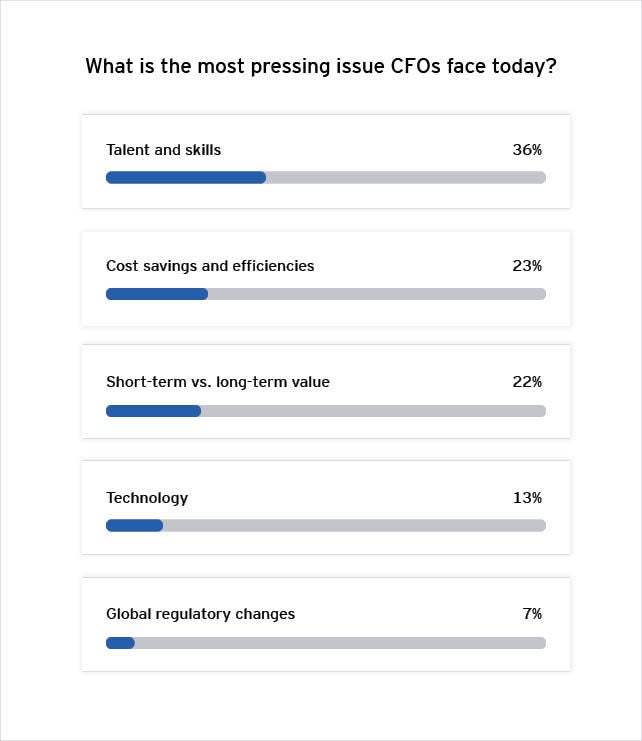EY refers to the global organization, and may refer to one or more, of the member firms of Ernst & Young Global Limited, each of which is a separate legal entity. Ernst & Young Global Limited, a UK company limited by guarantee, does not provide services to clients.
How EY can help
-
Our audit professionals serve the public interest by executing high-quality audits with independence, objectivity and professional skepticism. Learn more.
Read more
Generational shifts: the catalyst for reimagining the business
A generation is a group of people that form a kinship through shared events that shape the society they grew up in and forms the societal norms that shape their values, behaviors and beliefs. While all generations are important and each brings their own unique value to the world and to the workforce, societal change is mostly driven by the youth. Right now, that is Gen Z, and they will be crucial to understand to proactively prepare for oncoming shifts that will reshape customer and employee experiences, says Marcie Merriman, EY Americas Cultural Insights & Customer Strategy Leader.
“Gen Z is just 17% of the world’s population, but they’re outpunching their weight in influence,” Merriman says. “They can act as a beacon, helping companies understand what consumers and employees of all ages will come to expect.”
Five generational themes are emerging for Gen Z — and will shape many aspects of the business landscape going forward, from digital transformation to environmental, social and governance (ESG) topics:
- Ubiquitous technology. Gen Z members are true natives who have never known a world without instant access to information. How well does your workplace accommodate them? In our research, 70% of Gen Z members said they’d switch jobs for one that gave them the tools and resources to be more productive.
- Health matters. They are acutely aware of the impact of stress and anxiety, and they want to address it. That’s fueling a rise in platforms addressing mental health, as well as discussions in workplaces around empathetic leadership and the types of benefits offered.
- Inclusivity and transparency. For this generation of skeptics, authentic connections and transparency are critical attributes. In our research, 92% said authenticity is important, and they want it as consumers and employees. Companies must match this with transparency.
- Intentional consumers and employees. Gen Z is financially pragmatic and will push businesses to be more ethical and sustainable. “They’re rethinking how they use their time and what their values are,” Merriman says. “Not how much they make or the size of their house but the quality of their lives and the impact they can have on the world.”
- Multiple economic pathways. Earlier generations may have viewed having a second job as a sense of failure. But, eager to question established models, Gen Z sees maintaining multiple sources of income as a way to get ahead and hedge their bets amid uncertainty. Organizations that help enable them and their changing needs related to this shift will win.








